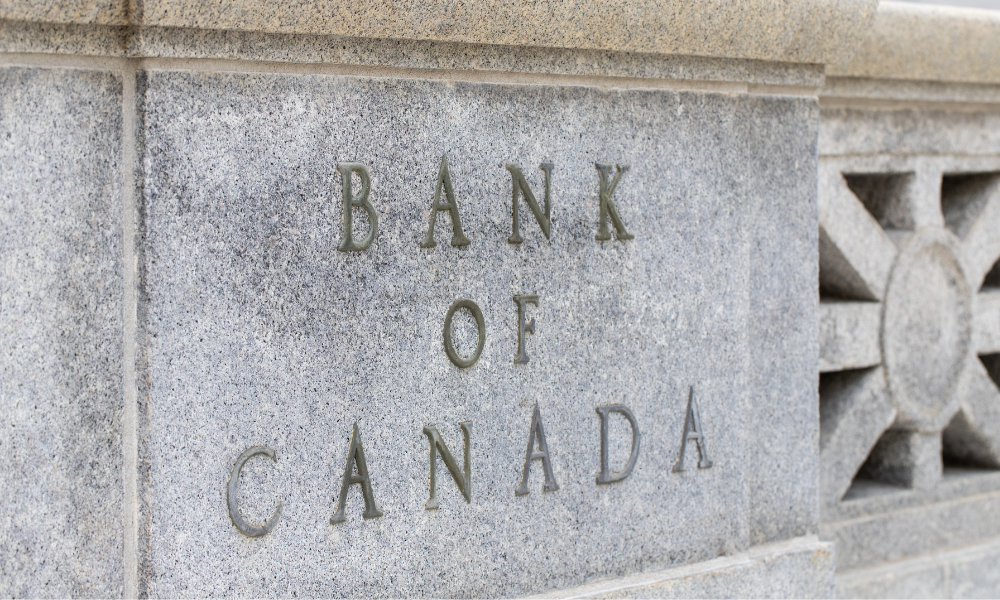With inflation pressures and trade uncertainty rising, lower rates in the months ahead aren't a slam dunk

The Bank of Canada has lowered its key interest rate to 2.75%, its seventh consecutive rate cut in nine months. But while borrowers may welcome lower rates, the central bank said that further reductions may not come as quickly.
BoC Governor Tiff Macklem made it clear that the BoC would "proceed carefully with any further changes" to rates.
"We ended 2024 on a solid economic footing. But we're now facing a new crisis," Macklem said on Wednesday. "Depending on the extent and duration of new US tariffs, the economic impact could be severe. The uncertainty alone is already causing harm."
The bank is now balancing two opposing forces – rising costs from tariffs that could push inflation higher and weaker demand that could slow economic growth. This makes it harder to determine whether rates should be cut further or held steady.
The latest US tariffs have disrupted business investment, hurt consumer confidence, and introduced new risks to Canada’s economy. The BoC is monitoring how this uncertainty will impact GDP growth, inflation, and job markets in the coming months.
Macklem noted that the first quarter of 2025 is already seeing signs of slower growth, with businesses pulling back on hiring and investment plans. A recent BoC survey found that many employers lowered sales expectations and struggled to access credit, while consumers in trade-exposed industries worried about job security.
Despite the recent rate cuts, Macklem emphasized that monetary policy alone cannot offset the damage caused by a trade war. Instead, the BoC’s role is to ensure that inflation doesn’t spiral out of control. Inflation is expected to rise to 2.5% in March, up from 1.9% in January, as temporary government sales tax breaks expire.
"Monetary policy cannot offset the impacts of a trade war. What it can and must do is ensure that higher prices do not lead to ongoing inflation," Macklem said in his remarks.
How this affects borrowers
For homeowners with variable-rate mortgages, this rate cut means lower borrowing costs in the short term. Monthly mortgage payments will decrease, offering some relief to those who opted for adjustable-rate loans.
For those who recently chose a variable rate over a fixed-rate mortgage, this decision is looking favourable. If economic conditions worsen and trade tensions continue to weigh on Canada’s economy, the BoC could lower rates again, providing additional savings for variable-rate borrowers.
Read next: Canada hasn't seen a mortgage renewal crisis yet – but some are feeling the pain
However, fixed-rate mortgage borrowers won’t see the same immediate benefit. Fixed mortgage rates are largely tied to the bond market, which is reacting to uncertainty over how a prolonged trade war will affect economic growth and inflation. For now, fixed rates remain steady, though future shifts in the bond market could lead to adjustments.
Make sure to get all the latest news to your inbox on Canada’s mortgage and housing markets by signing up for our free daily newsletter here.



